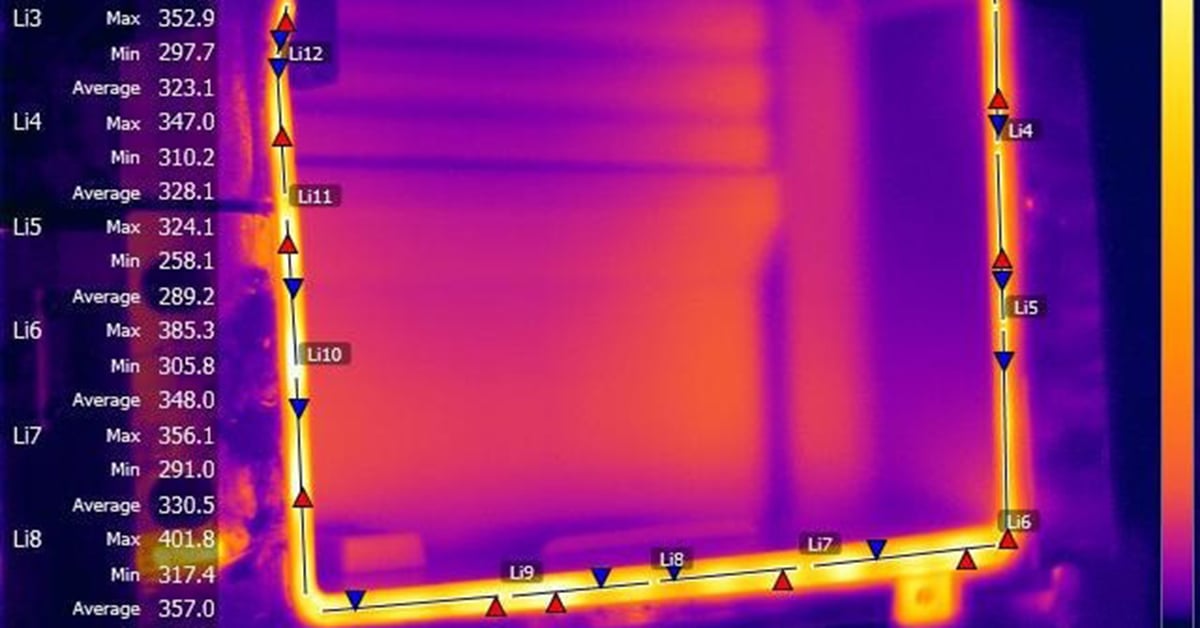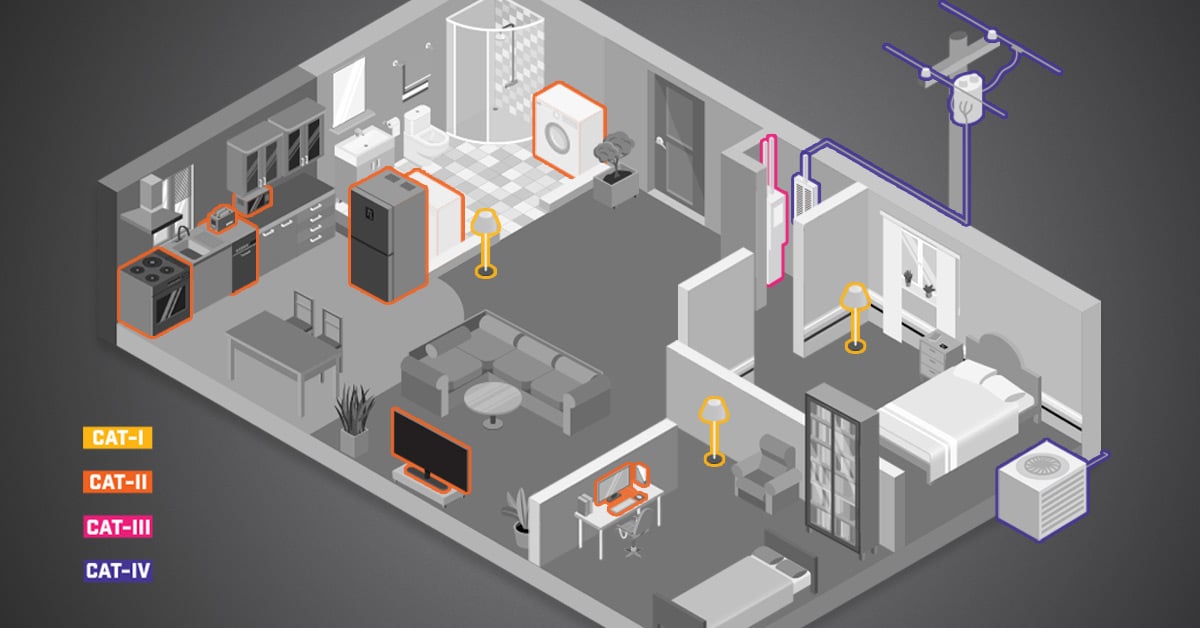FLIR InfraCAM™ and E-Series infrared cameras save repair time and heating costs at hospital group
A hospital is good example of a facility management-intensive object. Its core business is a clear priority: healing people. And secondary processes, such as power supply, heating, ventilation, and maintenance are vital to support this main business. Moreover, economic laws of market and efficiency increasingly apply to the medical sector and its facilities, especially in times of high energy costs and strained public spending budgets. This example from Sweden shows the huge benefits that can be generated by an intensive use of infrared thermography.
The Västmanlands district hospital group, located in central Sweden, consists of five hospitals including one large central hospital with intensive care facilities and additional polyclinics. All these clinics provide medical care to 300,000 inhabitants in a region of almost the size of Crete. The hospital group’s total facility area comprises 450,000 sq m.
Using the infrared camera every day
Thirty-six skilled workers are busy to keep these regional health care facilities up and running, day and night. FLIR Systems InfraCAM and E-series handheld infrared cameras have become appreciated instruments for the many fields of application.
The cameras are used intensively to investigate heating problems and inspect all installations from radiators to air leakages. They are also used to survey the hospitals’ elaborate ventilation and cooling systems, providing vital information for adjustment of these systems to increase comfort and reduce energy costs.
Continuous and error-free running electrical installations are critical in an environment where one blown fuse can cost lives. The electricians on the team use an infrared camera during their regular inspection rounds. These inspections include the entire
electricity grid of a hospital, including the backup power supply station that hospitals are provided with in case the regular power supply is cut for some reason. The advantages of an infrared camera over a spot pyrometer are at hand: while pyrometers show the temperature in one single spot, infrared cameras scan visual evidence or temperature measurements over an entire surface area, which substantially increases chances to find anomalies.
The infrared camera is also used by other contractors such as plumbers to look at water piping systems, especially prior to repair work, to be able to see where to drill (or not to drill), where (not) to break open floors or walls etc...Its use generates savings that are worth many times the price of a handheld infrared camera.
In addition, the infrared camera offers building engineers a valuable insight into the building substance with regard to energy losses inside and outside the building. A rising issue, given the increasing impact of relevant European directives.
Moreover, the Västmanlands maintenance team members also consider the camera and its gathered results as a communication tool: images made by FLIR Systems handheld infrared cameras are stored inside the camera in a standard .jpg format. The workers easily download, insert the images into standard Windows programs or sent them by e-mail to any PC. And FLIR Systems QuickView software allows the team to create simple reports in .PDF format for documentation and statistical purposes.
Raising security levels, increasing life cycle of facilities
“Our infrared cameras help to save money, improve quality and simplify communication”, says Karl-Eric Bramming, maintenance and operations manager at the Västmansland district hospital group. “We managed to reduce our time for problem identification and analysis with at least 50%, but we have other figures”, adds Bramming, while pulling out a balance sheet he is required to send to the Landstingsförbundet, the Swedish association of districts and to the Swedish national statistics bureau: “in 2005, we reduced our overall costs with 7% compared to the year before. And since 2001, we have been able to save some 4 million Euros on heating costs”.
These achievements are only possible with cameras that are handy, affordable, easy-to-use yet well equipped, and, last but not least, operated by users understanding the basics of thermography: Bramming has sent 10 members of his team to a one-day training course set up by the local Infrared Training Center organization.
Thanks to Helena Wänerstrand, Market Research Manager Thermography at FLIR Systems Sweden, for providing information and support.


